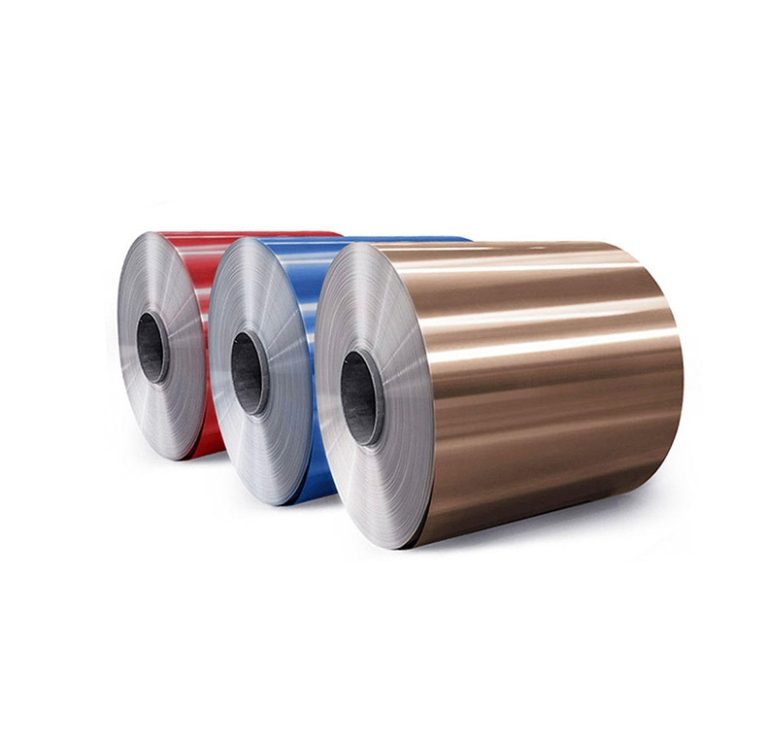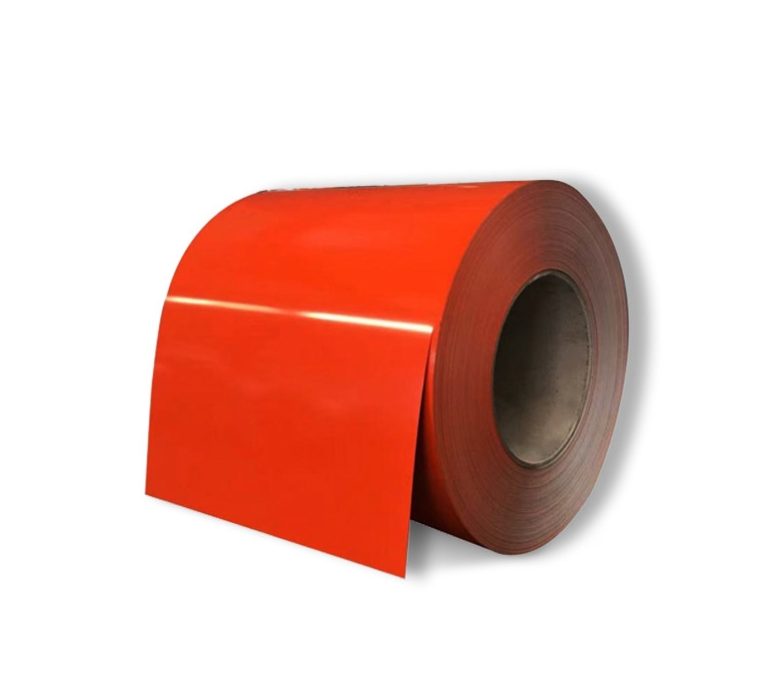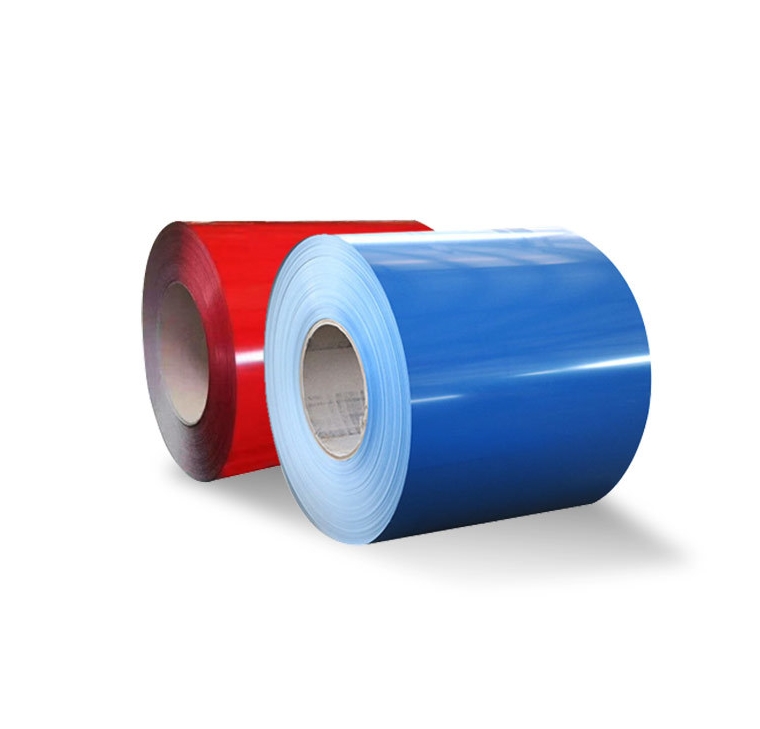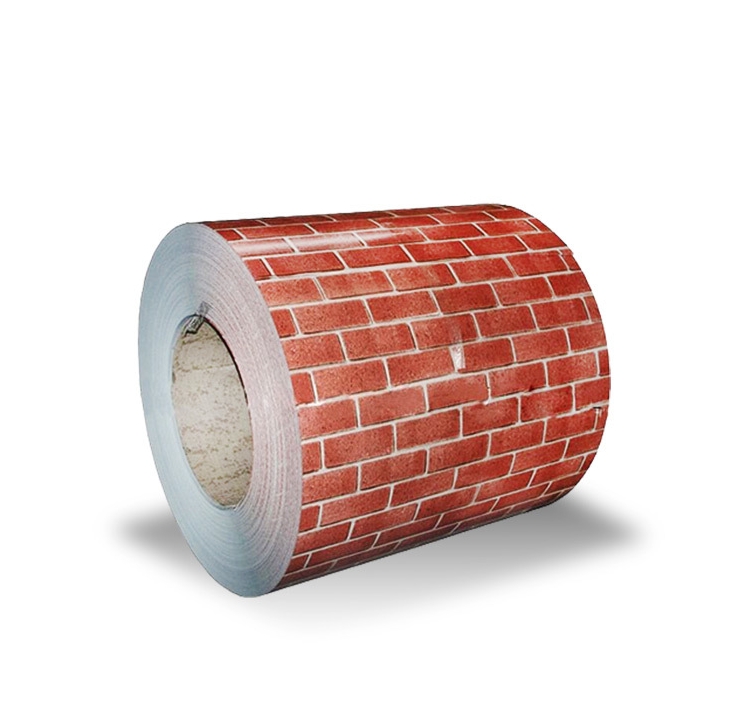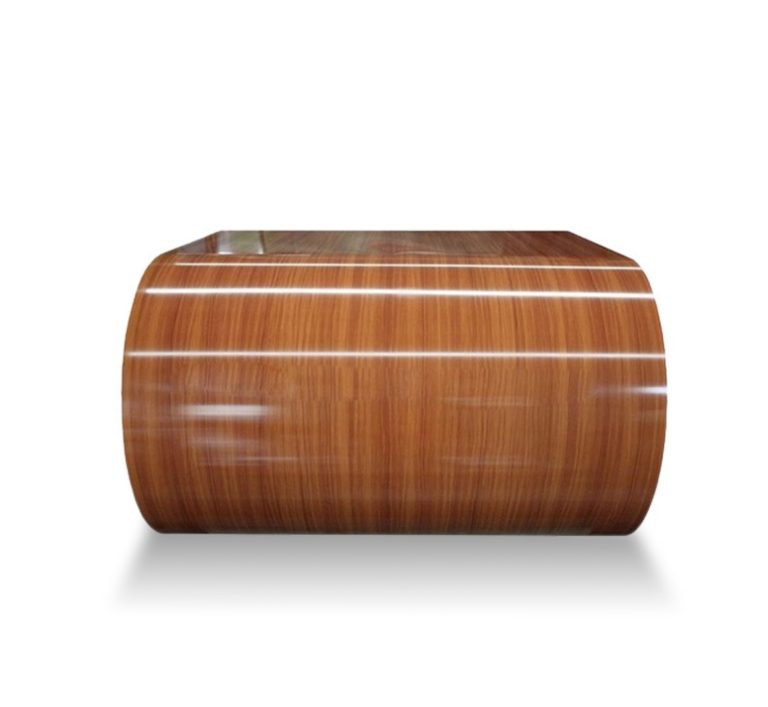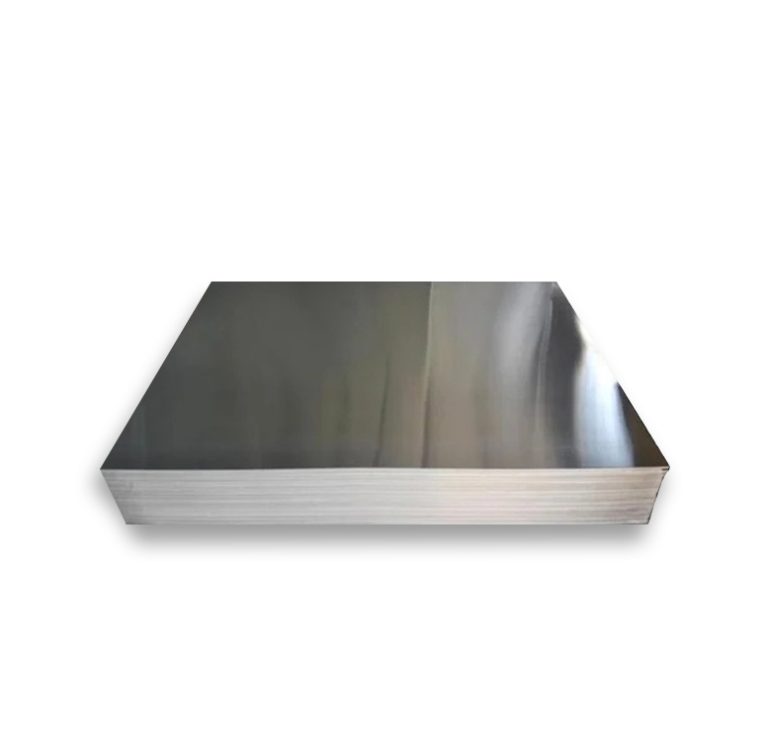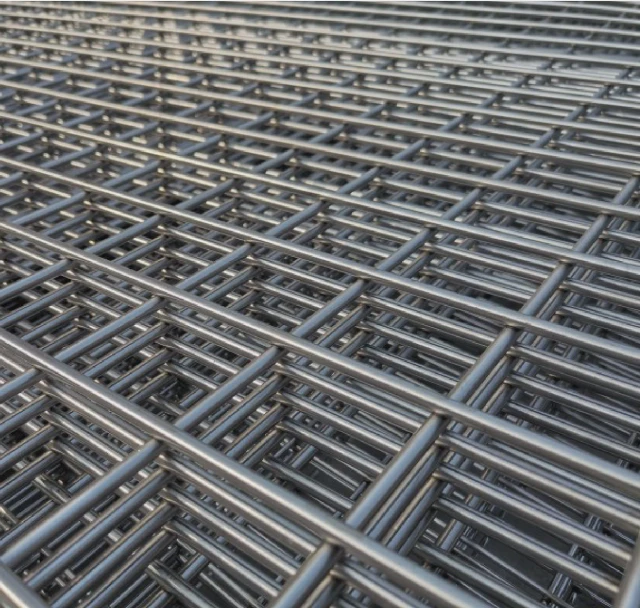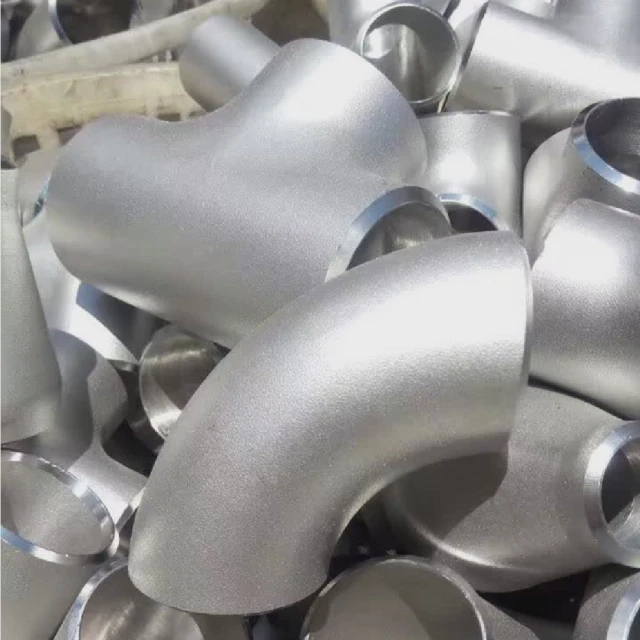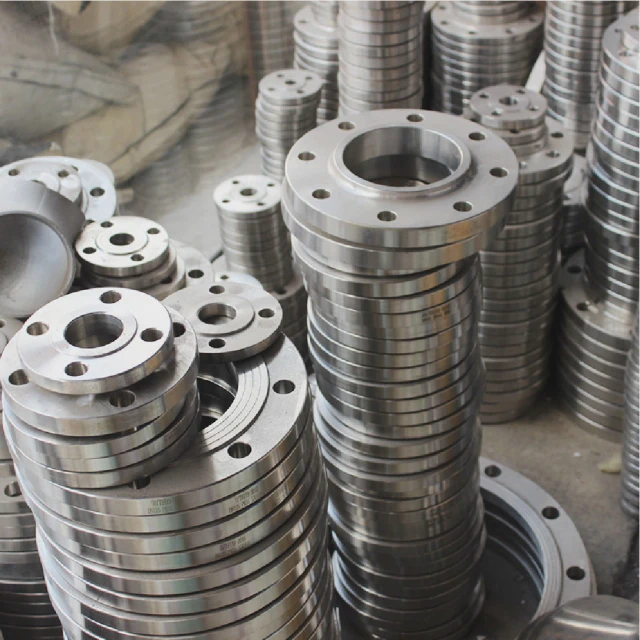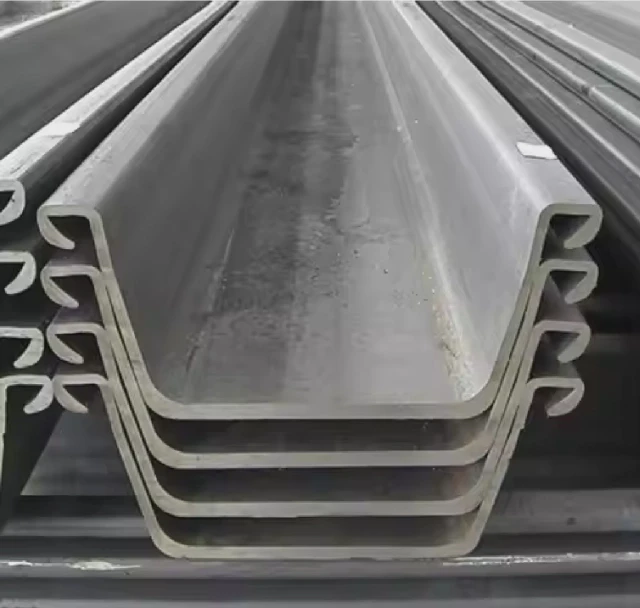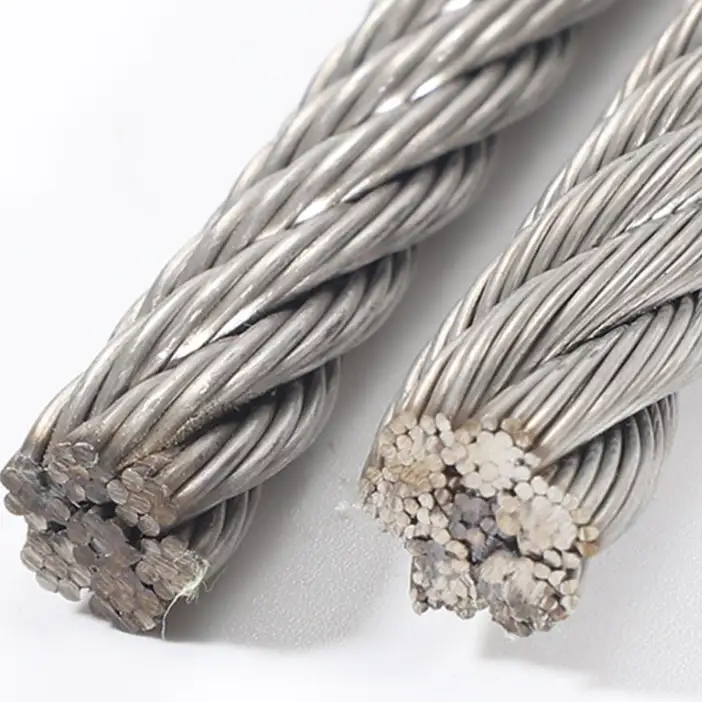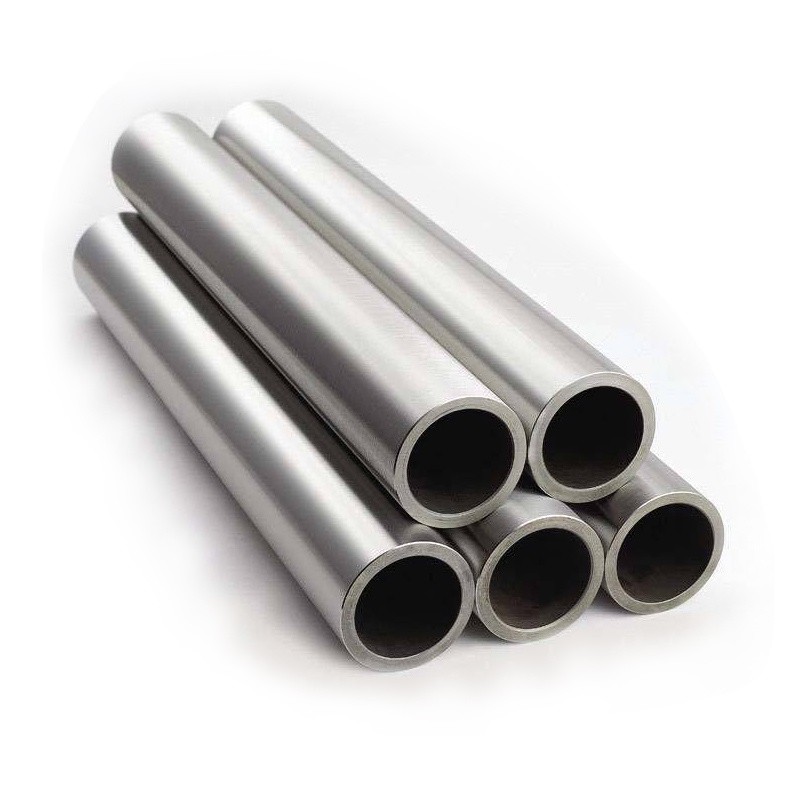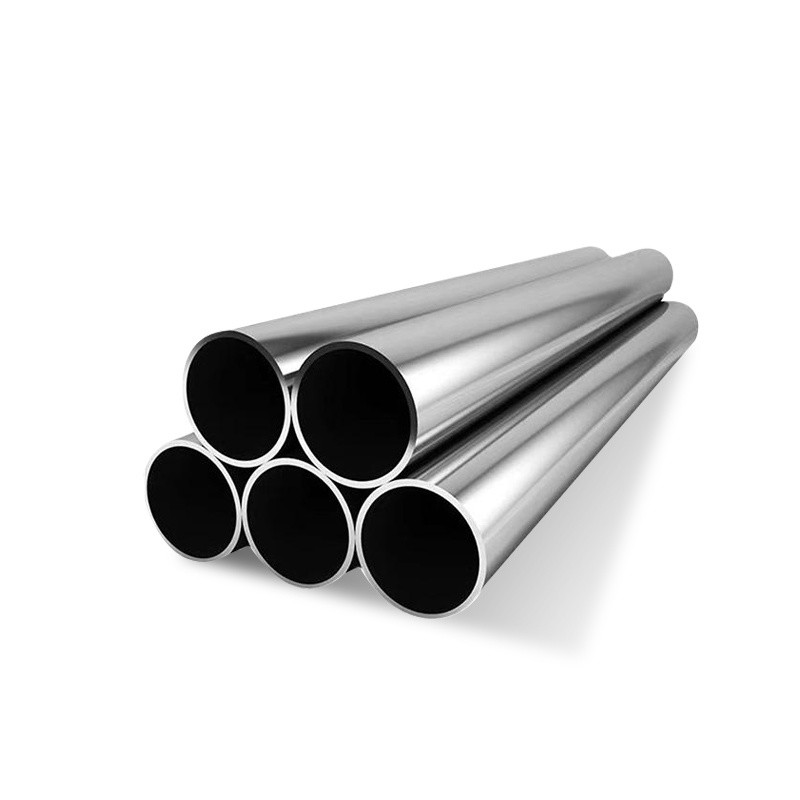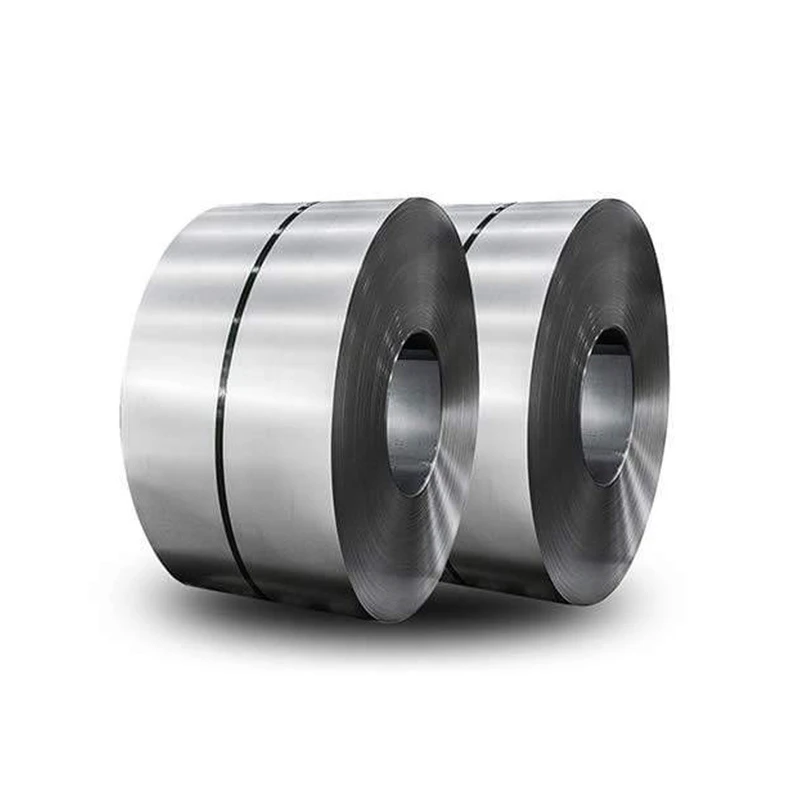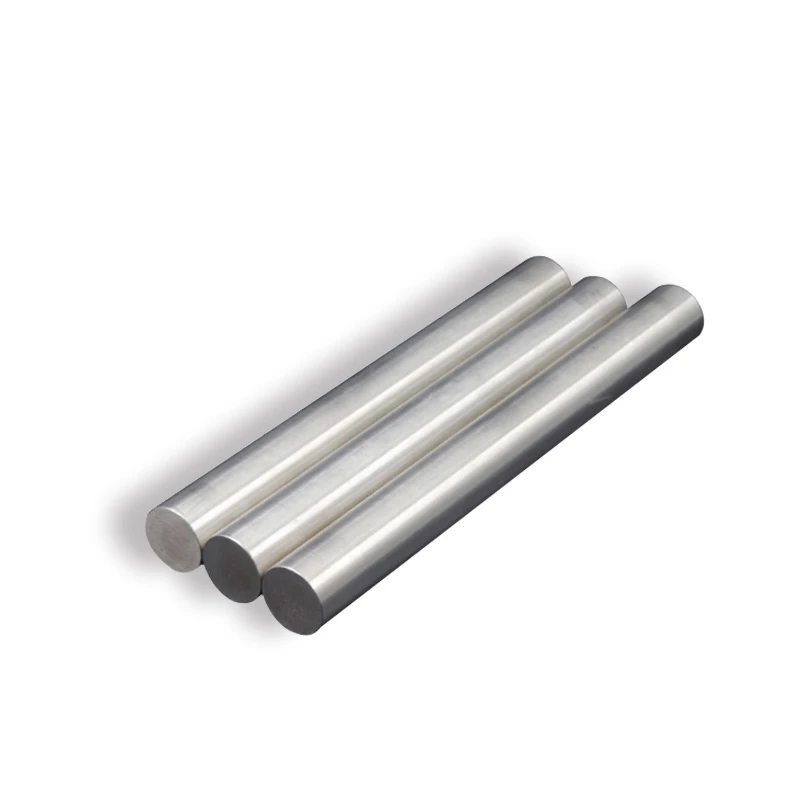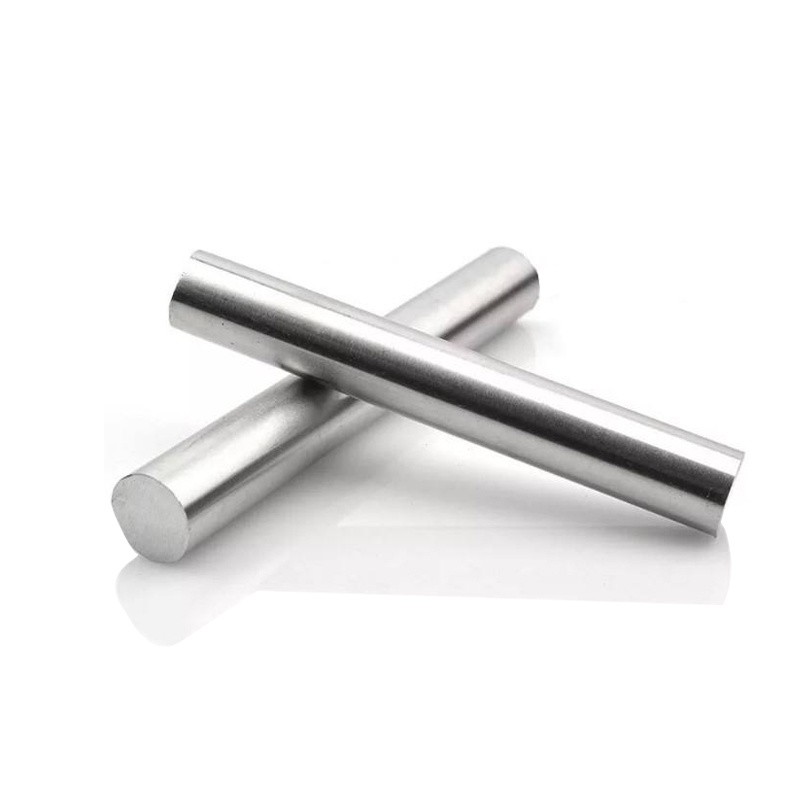
CATEGORIES
FEATURED PRODUCTS
304 Stainless Steel Wire Mesh
We offer this product and related grades with 100% factory direct pricing and free quotes available within 24 hours.
APPLICATION SCENARIOS
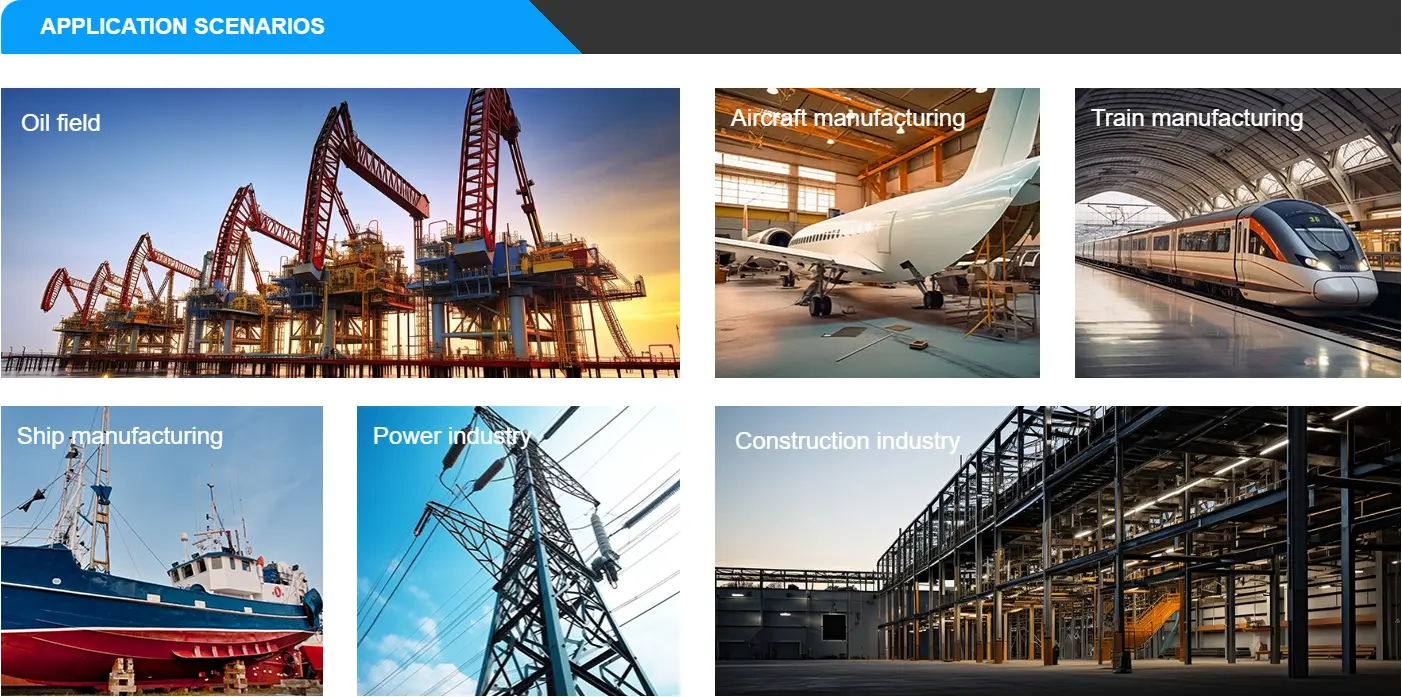
OUR ADVANTAGE

Certificate of Honor
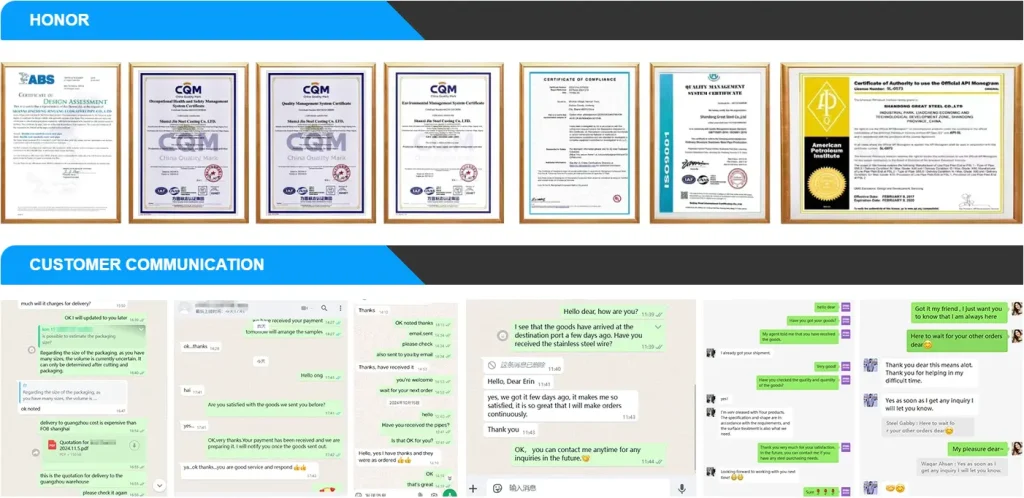
PARTNER

Our Factory
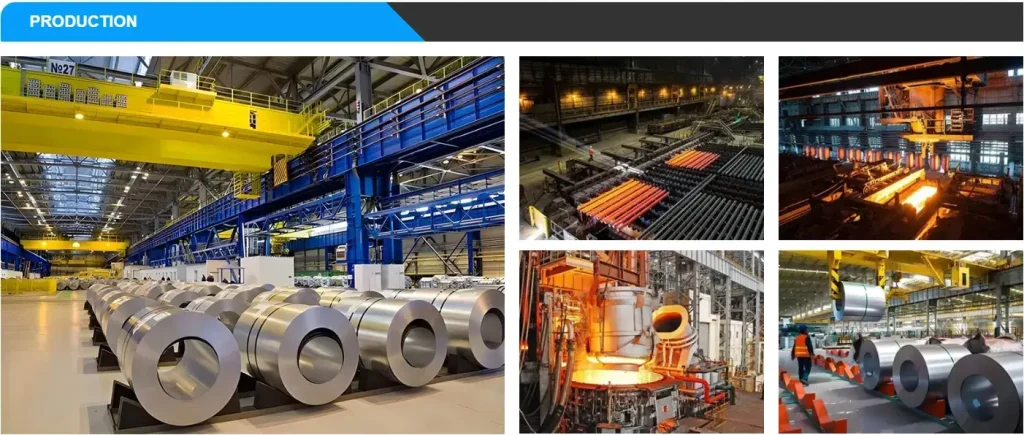
When we talk about 304 Stainless Steel Wire Mesh, we're discussing one of the most versatile and widely used materials in countless industries globally. It’s an essential component for filtration, separation, protection, and decorative applications due to its excellent corrosion resistance, formability, and hygienic properties. In fact, 304 stainless steel wire mesh represents a cornerstone for reliable and durable solutions where both performance and longevity are paramount.
What is 304 Stainless Steel Wire Mesh?
As experts in metal materials, we frequently deal with various grades of stainless steel, and 304 stainless steel is undoubtedly the most common and popular austenitic stainless steel used for wire mesh. It belongs to the "18/8" chromium-nickel family, indicating it typically contains about 18% chromium and 8% nickel. This specific composition is what gives 304 its exceptional balance of properties.
The wire mesh itself is created by weaving individual wires together in various patterns, such as plain weave, twilled weave, or Dutch weave, to form a robust and permeable fabric. The mesh count (number of openings per linear inch), wire diameter, and weave pattern are all critical parameters that determine the mesh's filtration capabilities, strength, and flow rate.
We see 304 stainless steel wire mesh utilized across an astonishing array of sectors: from demanding industrial filtration in chemical plants to precise sieving in food processing, from architectural infill panels to effective insect screens in residential homes. Its ability to resist rust and staining in most common environments, coupled with its ease of cleaning and aesthetic appeal, makes it an indispensable material for designers and engineers alike.
Why Choose 304 Stainless Steel for Wire Mesh? Advantages and Limitations
From our extensive experience, the preference for 304 stainless steel in wire mesh applications stems from several key advantages:
Advantages:
- Excellent Corrosion Resistance: This is the hallmark of 304. Its high chromium content forms a passive oxide layer on the surface, which provides robust resistance to oxidation and corrosion from a wide range of chemicals, acids, and alkaline solutions. This makes it ideal for outdoor use and exposure to moisture.
- Good Formability and Weldability: 304 stainless steel is relatively easy to form, cut, and weld, which simplifies the manufacturing of wire mesh and allows for custom fabrication into various shapes and sizes without cracking.
- High Strength-to-Weight Ratio: It offers impressive strength and durability without being excessively heavy, making it suitable for structural and filtration applications.
- Hygienic Properties: The non-porous surface of 304 is easy to clean and sanitize, resisting bacterial growth. This makes it a preferred choice for food processing, pharmaceutical, and medical applications.
- Temperature Resistance: It maintains good mechanical properties at both elevated temperatures (up to around 870°C / 1600°F for intermittent service, or 925°C / 1700°F for continuous service) and cryogenic temperatures.
- Aesthetic Appeal: The bright, clean finish of 304 stainless steel provides an attractive appearance, suitable for architectural and decorative applications.
- Cost-Effectiveness: While not the cheapest material upfront, its long lifespan, low maintenance requirements, and widespread availability make it a very cost-effective choice over the product's entire lifecycle.
Limitations:
Despite its many advantages, 304 stainless steel does have certain limitations:
- Susceptibility to Pitting and Crevice Corrosion: In environments with high chloride concentrations (like saltwater or some chemical solutions), 304 can be susceptible to pitting and crevice corrosion. For such demanding applications, higher grades like 316L are often recommended.
- Less Resistant to High Temperatures than Some Alloys: While good, it's not designed for extreme high-temperature load-bearing applications where specialized superalloys would be required.
- Not Hardened by Heat Treatment: 304 is an austenitic stainless steel, meaning its strength is primarily achieved through cold working rather than heat treatment.
Understanding these characteristics helps our clients make informed decisions, ensuring they select the right material for their specific operational environment.
304 Stainless Steel Wire Mesh: Specifications and Parameters
When we discuss 304 stainless steel wire mesh, its specifications are crucial for performance. Here’s a breakdown of the key parameters we consider:
Chemical Composition (Typical Weight % per ASTM A240/A240M for Plate, Sheet, and Strip, which generally applies to wire as well)
| Element | Weight Percentage (%) |
| Carbon (C) | 0.08 max |
| Manganese (Mn) | 2.00 max |
| Phosphorus (P) | 0.045 max |
| Sulfur (S) | 0.030 max |
| Silicon (Si) | 1.00 max |
| Chromium (Cr) | 18.00 - 20.00 |
| Nickel (Ni) | 8.00 - 10.50 |
| Nitrogen (N) | 0.10 max |
| Iron (Fe) | Balance |
Mechanical Properties (Typical, Annealed Condition, for wire conforming to ASTM A580)
| Property | Value (Typical) |
| Tensile Strength | 515 MPa (75,000 psi) min |
| Yield Strength (0.2% Offset) | 205 MPa (30,000 psi) min |
| Elongation | 40% min |
| Hardness (Rockwell B) | 92 max |
Common Specifications and Sizes (Illustrative Table)
Wire mesh specifications combine mesh count and wire diameter. We produce a vast range, but here are some frequently requested examples:
| Mesh Count (per inch) | Wire Diameter (mm / inch) | Aperture Size (mm / inch) | Open Area (%) | Approximate Weight (kg/m² for 1m width) |
| 4 Mesh | 0.8 mm / 0.031" | 5.55 mm / 0.218" | 77.2 | 0.75 |
| 8 Mesh | 0.5 mm / 0.020" | 2.67 mm / 0.105" | 70.3 | 1.30 |
| 10 Mesh | 0.4 mm / 0.016" | 2.14 mm / 0.084" | 70.1 | 1.50 |
| 16 Mesh | 0.3 mm / 0.012" | 1.29 mm / 0.051" | 66.5 | 2.20 |
| 20 Mesh | 0.28 mm / 0.011" | 0.99 mm / 0.039" | 63.8 | 2.80 |
| 30 Mesh | 0.25 mm / 0.010" | 0.60 mm / 0.024" | 52.0 | 3.80 |
| 40 Mesh | 0.20 mm / 0.008" | 0.43 mm / 0.017" | 47.1 | 4.50 |
| 60 Mesh | 0.18 mm / 0.007" | 0.24 mm / 0.009" | 36.6 | 6.00 |
| 80 Mesh | 0.15 mm / 0.006" | 0.16 mm / 0.006" | 31.6 | 7.50 |
| 100 Mesh | 0.12 mm / 0.005" | 0.13 mm / 0.005" | 25.0 | 9.00 |
| 200 Mesh | 0.05 mm / 0.002" | 0.077 mm / 0.003" | 15.0 | 15.00 |
Note: Aperture Size = (25.4 / Mesh Count) - Wire Diameter. Open Area is calculated based on mesh count and wire diameter. Weights are approximate and can vary slightly.
Other Stainless Steel Grades vs. 304 for Wire Mesh
While 304 is the workhorse, we recognize that different applications demand different properties. Here's a brief comparison with other common stainless steel grades used for wire mesh:
- 316/316L Stainless Steel: This grade is the next step up from 304. It contains 2-3% Molybdenum, which significantly enhances its resistance to pitting and crevice corrosion, particularly in chloride-rich environments like marine or coastal areas, or certain chemical processing applications. The "L" denotes low carbon, which improves weldability and minimizes carbide precipitation during welding. For very aggressive environments, 316L is often the preferred choice, though it comes at a higher cost due to the molybdenum content.
- 302 Stainless Steel: Very similar to 304 but with a slightly higher carbon content (up to 0.15% max). It offers good corrosion resistance but is less commonly used for wire mesh than 304 due to 304's better weldability and formability, especially in thinner gauges.
- 430 Stainless Steel: This is a ferritic stainless steel, meaning it contains no nickel (or very little). It has good corrosion resistance in mild environments and is magnetic, unlike 304 and 316. It's often chosen for less demanding applications where cost is a primary concern and magnetism is not an issue, but its corrosion resistance is inferior to 304, particularly in acidic or chloride-rich conditions. It is also less formable.
Our expertise helps clients weigh the cost-benefit of each grade against their specific application requirements, ensuring they invest wisely.
Global Price Trends and Factors for 304 Stainless Steel Wire Mesh
The price of 304 stainless steel wire mesh is influenced by a multitude of global and regional factors. As a manufacturer, we constantly monitor these trends:
- Nickel and Chromium Prices: These are the primary alloying elements that drive the cost of 304 stainless steel. Fluctuations in their global commodity prices have a direct and significant impact on the final product cost.
- Raw Steel Prices: The underlying cost of iron and scrap steel also plays a role, albeit secondary to nickel and chromium for stainless steel.
- Energy Costs: The manufacturing of stainless steel wire and the weaving of mesh are energy-intensive processes. Global energy prices (electricity, natural gas) directly affect production costs.
- Production Capacity & Supply/Demand: Oversupply or undersupply in the global market, driven by changes in industrial demand (e.g., from automotive, construction, food processing sectors), can cause prices to fluctuate.
- Logistics & Freight Costs: International shipping rates, port congestion, and local transportation costs all add to the final delivered price, especially for bulk orders.
- Labor Costs: Manufacturing wages in producing countries contribute to the overall cost.
- Currency Exchange Rates: For international trade, the exchange rate between the supplier's currency and the buyer's currency impacts the final transaction price.
- Mesh Specifications: Finer mesh counts (higher mesh numbers), smaller wire diameters, and specialized weave patterns often require more precise manufacturing, leading to higher costs per square meter or foot.
Global Price Comparison for 304 Stainless Steel Wire Mesh
| Region / Country | Price Basis | Typical Price Range (USD/unit) | Notes & Sources |
|---|---|---|---|
| China (export) | per square meter | ~ $4.50 – $6.00 (bulk orders ↓$5 → $4.50) | Based on Anping sizes & MOQ tiers |
| China (general) | per square meter | ~ $6 – $13 depending on mesh count, weave type | Alibaba listings & filters |
| India / Asia | per metric ton (CRC steel market) | ~ $2,445 / ton (Aug ’24) → ~ $2,471 / ton (Jun ’24) | Index from Q3–Q4 2024 |
| North America (USA) | per metric ton (steel coil price) | $1,968 (Dec ’24) → $1,989 (Oct ’24) | Procurement Resource data |
| Europe | per metric ton | ~ $1,900 – $2,000 (late‑2024 range) | Regional downward trend Q4 2024 |
-
China-export pricing can be lower due to high-volume discount tiers (~$4.50 at >200 sqm), but typical prices range $6–$13 / sqm based on mesh count and weave type.
-
Western prices are mostly reported per metric ton of 304 stainless steel coils, not finished mesh. Rough conversion yields: at ~2000 USD/ton → around $2.00/kg, and given typical mesh density, finished mesh retail ends up higher (retail finish adds cost).
-
Regional variation: India and Asia markets stayed around $2440–$2470/ton in mid‑2024; North America slightly lower at end‑2024; Europe overall stable but tepid demand.
-
Mesh specifics matter: fine micron mesh, Dutch or twill weave, or specialty crimping push square‑meter price above $10 / sqm; loose plain‑weave coarse mesh can be under $1 / sqm from Alibaba listings.
-
Data timestamp: Most recent data from mid‑ to late‑2024 for stainless coil; mid‑2025 for Alibaba and supplier listings. No fully up‑to‑date global ton‑level price data was available as of today. If you need exact quotes for a specific mesh count or application, contacting suppliers is recommended.
Why Choose Luokaiwei for Your 304 Stainless Steel Wire Mesh Needs?
At Luokaiwei, we pride ourselves on being more than just a supplier; we are your dedicated partner in sourcing the highest quality metal materials. When it comes to 304 Stainless Steel Wire Mesh, we offer distinct advantages that translate into real benefits for your projects:
- 100% Factory Pricing: As a direct manufacturer, we eliminate the middlemen. This means you gain access to genuine factory-direct pricing, significantly reducing your procurement costs compared to distributors or trading companies. We pass the savings directly to you.
- Uncompromising Quality: Our production adheres strictly to international standards like ASTM E2016 for mesh specifications and ASTM A580/A580M for stainless steel wire. We employ rigorous quality control throughout the manufacturing process, from raw material inspection to final product testing, ensuring every roll or sheet of mesh meets the highest performance criteria. We provide Mill Test Certificates (MTCs) with every order to verify material composition and mechanical properties.
- Customization Services: We understand that every project has unique requirements. We offer extensive customization capabilities for 304 stainless steel wire mesh, including:
- Specific Mesh Counts & Wire Diameters: Tailoring the mesh to precise filtration or structural needs.
- Various Weave Patterns: Plain, twill, Dutch, or specialized weaves for different flow rates and strength.
- Custom Roll Widths & Lengths: Minimizing waste and optimizing for your machinery.
- Cut-to-Size Sheets & Fabricated Parts: Providing mesh ready for integration into your assemblies.
- Special Surface Treatments: As required for particular applications.
- Efficient Production & Timely Delivery: Our advanced manufacturing facilities and streamlined processes ensure efficient production without sacrificing quality. We work closely with our logistics partners to ensure timely and reliable delivery worldwide.
- Expert Technical Support: Our team of metal materials specialists possesses deep product knowledge. We're here to provide technical guidance, help you choose the correct mesh specifications, and troubleshoot any material-related challenges. We see ourselves as an extension of your procurement and engineering team.
Case Study: Rapid Delivery for a Filtration Project in Kuwait
We recently had a significant engagement that perfectly illustrates Luokaiwei's commitment to speed, quality, and factory pricing. A client in Kuwait, managing a critical water treatment plant expansion, faced an urgent need for a large quantity of 304 Stainless Steel Wire Mesh (specifically, 60 Mesh, 0.18mm wire diameter) for their new filtration units. Their previous supplier had a substantial lead time, threatening project delays.
The Challenge: The client required 2,000 square meters of this specialized mesh within a tight timeframe of just three weeks to avoid penalties for project delays. Quality was non-negotiable, as the mesh would be handling treated water and needed to maintain integrity under constant flow and pressure.
Luokaiwei's Solution:
- Immediate Stock Check: Our extensive inventory, maintained for common specifications, allowed us to confirm immediate availability of a significant portion of the required mesh directly from our stock.
- Expedited Production: For the remaining quantity, our production team swiftly integrated the order into a prioritized schedule, leveraging our efficient weaving lines to minimize lead time.
- Direct Factory Pricing: Because the client was purchasing directly from us, they received the mesh at our 100% factory price, leading to substantial cost savings even with expedited shipping.
- Rigorous Quality Control: Every roll was subjected to our standard rigorous quality checks, including mesh count verification, wire diameter measurement, and visual inspection for defects, ensuring perfect adherence to ASTM E2016. We provided comprehensive MTCs.
- Fast-Track Logistics: We collaborated with our trusted logistics partners, arranging for express air freight for a portion of the urgent requirement and optimized sea freight for the bulk, ensuring the earliest possible arrival in Kuwait.
Outcome: We successfully delivered the entire 2,000 square meters of 304 Stainless Steel Wire Mesh to the client in Kuwait within 2.5 weeks, half a week ahead of their critical deadline. The client reported that the mesh was of exceptional quality, meeting all their performance parameters. This rapid, high-quality, and cost-effective delivery not only prevented costly project delays but also solidified our position as their preferred supplier for future metal material needs. This success story in Kuwait perfectly showcases our capability to combine rapid delivery from stock, efficient production, uncompromising quality, and direct factory pricing.
Important Standards and Technical Requirements for 304 Stainless Steel Wire Mesh
When specifying and procuring 304 stainless steel wire mesh, adhering to recognized industry standards is paramount. These standards ensure the material's integrity, performance, and compatibility. As a professional, I always emphasize checking for compliance with these:
- ASTM E2016 - Standard Guide for Industrial Woven Wire Cloth and Screens (Square Opening Series): This is a key standard that defines terminology, tolerances, and test methods for industrial woven wire mesh, helping ensure consistency in mesh count, wire diameter, and opening size.
- ASTM A580/A580M - Standard Specification for Stainless Steel Wire: This standard covers the general requirements for stainless steel wire, including chemical composition and mechanical properties like tensile strength and elongation for various stainless steel grades, including 304.
- ISO 9044:2013 - Industrial woven wire cloths — Technical requirements and testing: This international standard specifies the technical requirements and testing methods for industrial woven wire cloths with square apertures. It provides a global benchmark for quality.
- EN 10088 Series - Stainless Steels: This European standard series covers the technical delivery conditions for stainless steel products, including chemical compositions and mechanical properties of various grades, which are applicable to the wire used in the mesh.
- FDA Compliance (for Food/Pharmaceutical Applications): While not a material standard, for applications in food processing or pharmaceuticals, ensuring the 304 stainless steel wire mesh meets relevant FDA regulations regarding material safety and non-toxicity for food contact surfaces is critical.
We, at Luokaiwei, strictly adhere to these international standards, providing comprehensive documentation like Mill Test Certificates to assure our clients of the quality and compliance of our 304 stainless steel wire mesh.
Frequently Asked Questions (FAQs)
1. What's the difference between Mesh Count and Wire Diameter, and why are both important?
Mesh Count refers to the number of openings per linear inch (or centimeter). A higher mesh count means more openings and generally finer filtration. Wire Diameter is the thickness of the individual wires used to weave the mesh. Both are crucial because they together determine the aperture size (the actual opening through which particles pass) and the open area percentage (the total area of the openings, affecting flow rate). For example, a 100 mesh with a very thin wire will have a larger open area than a 100 mesh with a thick wire.
2. Can 304 Stainless Steel Wire Mesh be welded or cut?
Yes, 304 stainless steel wire mesh can be welded and cut. It has good weldability using common techniques like TIG welding, though proper filler material (often 308L) and gas shielding are recommended to maintain corrosion resistance. For cutting, shears, laser cutting, or plasma cutting can be used, depending on the mesh thickness and precision required. We also offer custom cutting services.
3. How do I clean and maintain 304 Stainless Steel Wire Mesh?
304 stainless steel wire mesh is relatively easy to clean. For general maintenance, simply rinse with water and use a mild detergent. For more stubborn stains or deposits, non-abrasive cleaners specifically designed for stainless steel are effective. Avoid harsh chemicals, abrasive pads, or cleaners containing chlorides (like bleach), which can damage the passive layer and lead to corrosion. Regular cleaning helps maintain its appearance and performance.
4. Is 304 Stainless Steel Wire Mesh magnetic?
No, annealed 304 stainless steel wire mesh is typically non-magnetic or only very slightly magnetic. This is because it is an austenitic stainless steel. However, it can become slightly magnetic after cold working (like the drawing of the wire or the weaving process) due to the formation of martensite in its microstructure. This minor magnetism usually doesn't affect its performance in most applications. If strictly non-magnetic properties are required, specialized tests or alternative materials might be considered.
5. What are the common applications for 304 Stainless Steel Wire Mesh?
304 Stainless Steel Wire Mesh is incredibly versatile. Common applications include:
- Filtration: Chemical, pharmaceutical, food & beverage, water treatment, oil & gas.
- Sieving & Screening: Separating particles in various industries.
- Protective Barriers: Machine guards, window screens, animal enclosures.
- Architectural & Decorative: Facades, infill panels, railings, ceiling tiles.
- Food Processing: Baskets, trays, conveyors for washing, drying, or cooking.
- Automotive: Exhaust system components, filters.
In conclusion, for any project requiring a reliable, corrosion-resistant, and versatile material, 304 Stainless Steel Wire Mesh is an outstanding choice. Its balance of properties makes it a cost-effective solution for a myriad of industrial and architectural applications. As your trusted partner, Luokaiwei stands ready to meet your needs with products of uncompromising quality, backed by 100% factory pricing and comprehensive customization services. We invite you to experience the Luokaiwei difference, just as our satisfied clients in Kuwait and around the world have.
Official References
- ASTM E2016 - Standard Guide for Industrial Woven Wire Cloth and Screens (Square Opening Series)
- ASTM A580/A580M - Standard Specification for Stainless Steel Wire
- Seamless Tubes Pipes
- FDA - CFR Title 21, Part 177 - Indirect Food Additives: Polymers (Refer to specific sections for metal alloys)
- Austenitic Stainless Steels - World Stainless Association

